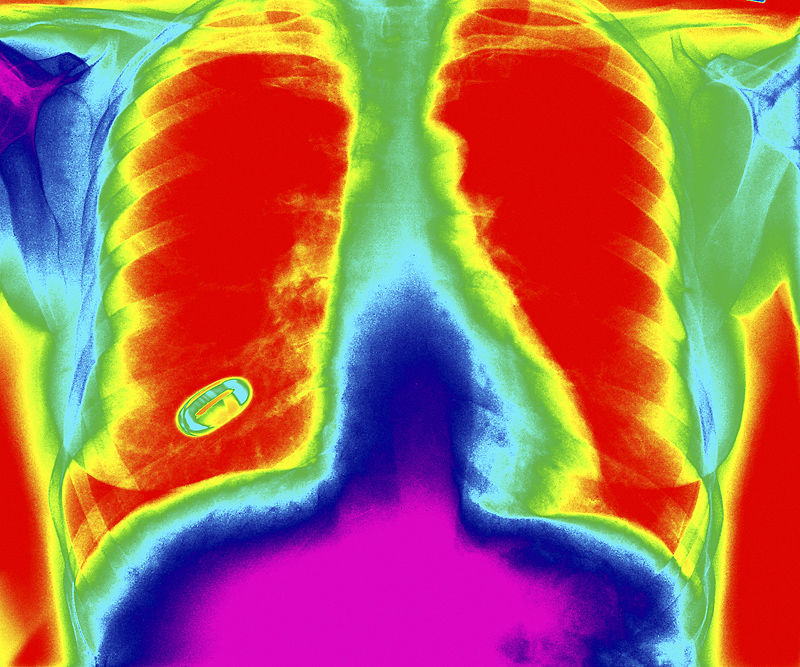FRIDAY, Nov. 4, 2016 (HealthDay News) — Smoking is linked to significant genetic damage in the lungs and other organs of the body, according to new research.
“This study offers fresh insights into how tobacco smoke causes cancer,” said co-lead author Ludmil Alexandrov, the Oppenheimer Fellow at Los Alamos National Laboratory in New Mexico.
“Our analysis demonstrates that tobacco smoking causes mutations that lead to cancer by multiple distinct mechanisms,” he said in a Los Alamos news release. “Tobacco smoking damages DNA in organs directly exposed to smoke as well as speeds up a mutational cellular clock in organs that are both directly and indirectly exposed to smoke.”
In the study, researchers from Los Alamos, the Wellcome Trust Sanger Institute in England and other institutions analyzed more than 5,000 cancer tumors from smokers and nonsmokers.
Cancer is caused by mutations in the DNA of a cell, and tobacco smoke contains more than 70 chemicals known to cause cancer, the researchers added.
“Before now, we had a large body of epidemiological evidence linking smoking with cancer, but now we can actually observe and quantify the molecular changes in the DNA due to cigarette smoking,” Alexandrov said in Wellcome Trust news release.
“With this study, we have found that people who smoke a pack a day develop an average of 150 extra mutations in their lungs every year, which explains why smokers have such a higher risk of developing lung cancer,” Alexandrov added.
Tumors from other parts of the body also contained smoking-related mutations, the scientists found. For example, smoking a pack a day led to a yearly average of 97 mutations in each cell in the larynx, 39 mutations for the pharynx, 23 mutations for the mouth, 18 mutations for the bladder, and six mutations in every cell of the liver.
The findings were published Nov. 4 in the journal Science.
“The results are a mixture of the expected and unexpected, and reveal a picture of direct and indirect effects,” said study co-author David Phillips, a professor of environmental carcinogenesis at King’s College London in England.
“Mutations caused by direct DNA damage from carcinogens in tobacco were seen mainly in organs that come into direct contact with inhaled smoke,” Phillips said. “In contrast, other cells of the body suffered only indirect damage, as tobacco smoking seems to affect key mechanisms in these cells that in turn mutate DNA.”
Joint lead author Mike Stratton, a professor from the Wellcome Trust, said the findings show that mechanisms by which smoking causes cancer may be more complex than thought.
“The genome of every cancer provides a kind of ‘archaeological record,’ written in the DNA code itself, of the exposures that caused the mutations that lead to the cancer,” Stratton explained. “This study of smoking tells us that looking in the DNA of cancers can provide provocative new clues to how cancers develop and thus, potentially, how they can be prevented.”
Cigarettes cause at least 6 million deaths worldwide every year, according to the U.S. Centers for Disease Control and Prevention. Previous research has linked smoking with at least 17 types of cancer in people.
More information
The American Cancer Society has more on tobacco and cancer.
Copyright © 2024 HealthDay. All rights reserved.

